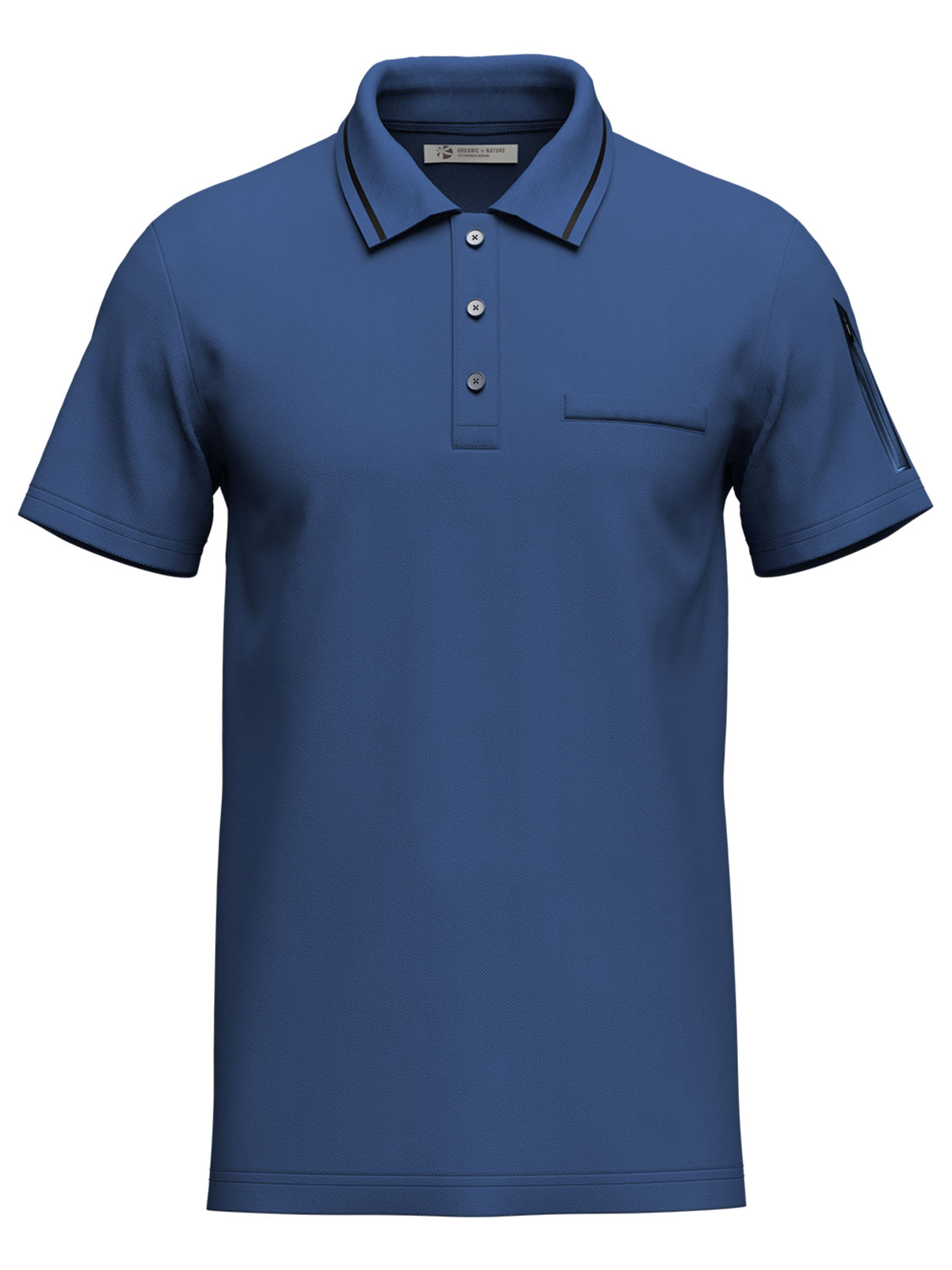Product Development
Throughout the product development process, we meticulously follow a comprehensive checklist of product attributes. This allows us to continuously seek new opportunities for development and innovation, always striving to exceed previous benchmarks.
During this phase, we carefully analyze your product requirements and assess both the environmental and social impacts. Moreover, we require our suppliers to conduct similar assessments to ensure alignment with these values.
Purple Tex Products
Digital Development
Product Conversion Roadmap
Our development roadmap identifies current customer materials and processes, allowing us to set out a precise path mapping out their journey towards preferred fibre products, and better working practices.


















